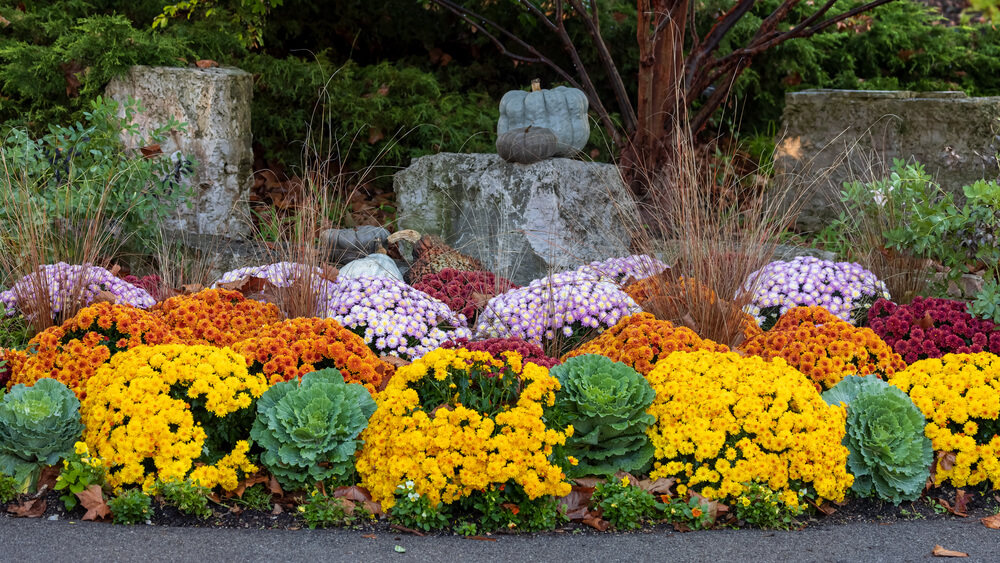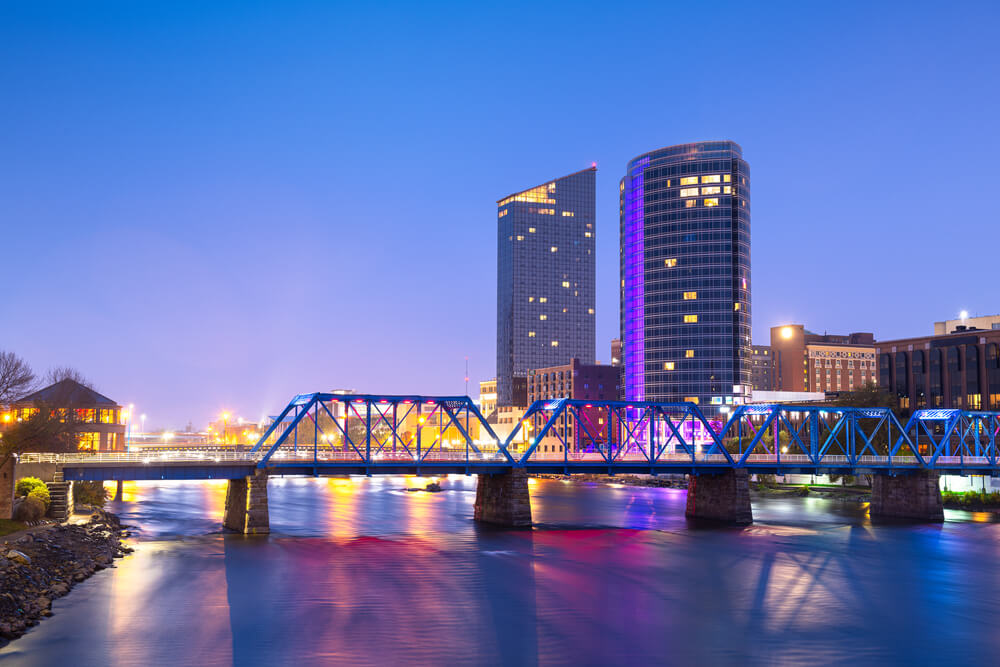Grand Rapids, Michigan: A Vibrant City with Rich History and Diverse Neighborhoods
History of Grand Rapids
- Native American Roots: The area was originally inhabited by the Hopewell Native Americans, followed by the Ottawa tribe.
- European Settlement: Established in 1826 by Louis Campau, a trader of European descent.
- Furniture City: Gained fame in the 19th century as a major lumbering and furniture-manufacturing center.
Neighborhoods in Grand Rapids
| Neighborhood | Notable Features |
|---|---|
| Eastown | Vibrant, artsy area with eclectic shops. |
| Heritage Hill | Historic district with well-preserved architecture. |
| Heartside | Dynamic, urban area with galleries and cafes. |
| Midtown | Diverse community, known for its local businesses. |
| Westside | Revitalized area with a mix of old and new charm. |
Each neighborhood in Grand Rapids offers a unique blend of cultural and historical elements, making the city a mosaic of communities.
Notable Attractions
- Frederik Meijer Gardens & Sculpture Park: A world-class display of art and nature.
- Grand Rapids Art Museum: Showcasing a variety of art forms.
- John Ball Zoo: A family-friendly destination with diverse wildlife.
- Grand Rapids Public Museum: Offers insights into the region’s history.
Statistical Data
- Population: Over 200,000 residents.
- Economic Growth: Continuously evolving with a focus on healthcare, education, and manufacturing sectors.
- Cultural Diversity: Home to a rich tapestry of cultural festivals and events.
Grand Rapids, with its rich history, diverse neighborhoods, and a plethora of attractions, stands as a testament to Michigan’s cultural and historical wealth. Whether you are a history buff, an art enthusiast, or simply looking for a vibrant community experience, Grand Rapids has something to offer for everyone.

